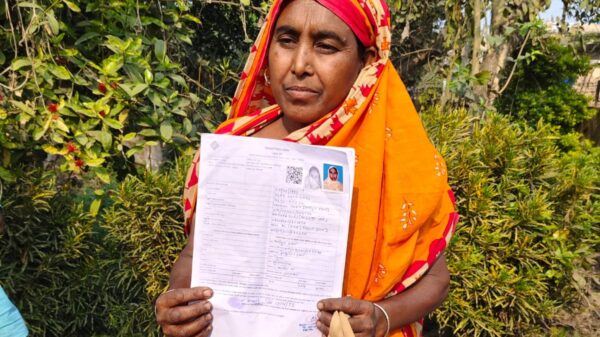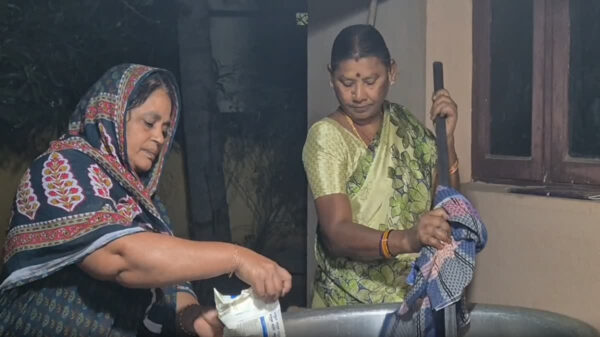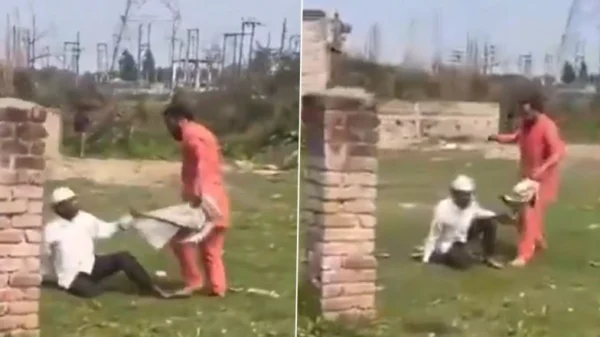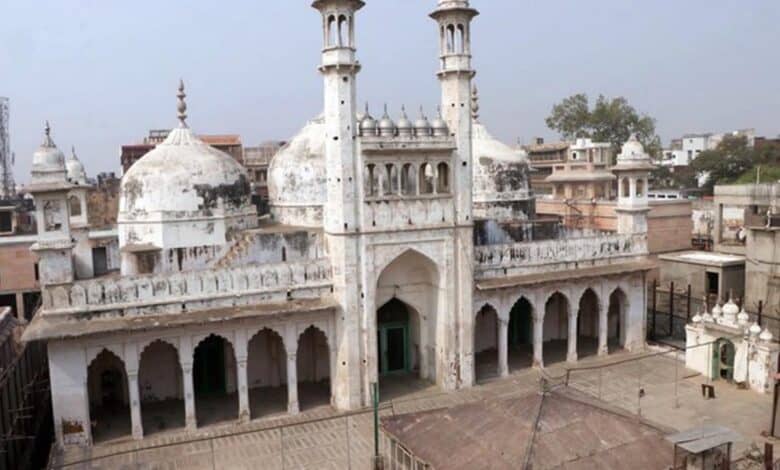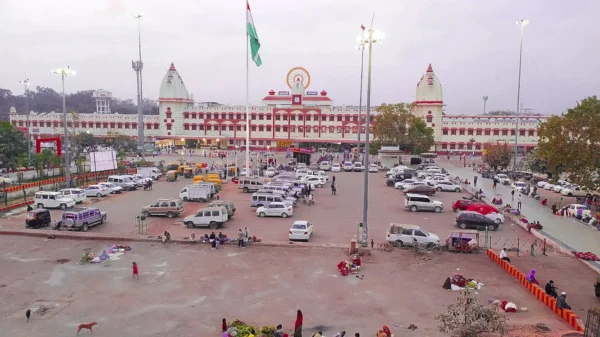Both parties reached a consensus and a court in Varanasi on Wednesday ruled that the hard copy of the Archaeological Survey of India (ASI) report will be provided to both adding that the report should not be made public.
“Both the parties to the suit must be provided copies of the survey report so that they can file objections against the ASI report, if they think it proper. Without providing a copy of the survey report to the parties, it will not be possible for them to file objections against it,” the Court observed.
The order pronounced by District Judge A K Vishvesh said that the Hindu side and the Gyanvapi’s custodian Anjuman Intizamia Masajid (AIM) shall give an affidavit to access the ASI survey report on the Gyanvapi mosque complex and not make it public after getting the report.
During a court-mandated survey of the mosque, on May 16, 2022, a structure was found on the premises which is claimed to be a ‘shivling’ by the Hindu side and a ‘water fountain’ by the Muslim side. Ever since there has been a dispute among the parties with the structure being its centre.
On January 16, the Supreme Court approved a plea filed by Hindu women petitioners, seeking direction for the cleansing of the entire ‘wazukhana’ area of the Gyanvapi mosque, where an alleged ‘Shivling’ was discovered, and maintaining a hygienic environment.
The Chief Justice of India, DY Chandrachud, along with Justices JB Pardiwala and Manoj Misra, specified that the cleaning process should be carried out under the supervision of the Varanasi district administration, in adherence to prior orders issued by the apex court.
The mosque management committee said it supports cleaning the water tank, in the area of ‘wazukhana’ which was sealed in 2022 on a Supreme Court order after discovering what was claimed to be a ‘Shivling’.
In response to a petition filed by the Hindu side, the district court on July 21, 2023, had granted permission for the ASI to carry out the scientific survey of the Gyanvapi premises adjoining the Kashi Vishwanath Temple, except the area that was sealed, to determine whether the mosque was constructed over a pre-existing structure of a Hindu temple.
AIM had challenged the survey order in Allahabad HC and then in the Supreme Court, but both courts upheld the district court’s directive. The survey, initiated on August 4, 2022, concluded with the ASI submitting its report to the district court on December 18 in a sealed envelope.
On January 3, the ASI filed another application, requesting the court to refrain from making the survey report on the Gyanvapi complex public for an additional four weeks, citing the December 19 judgment of the Allahabad High Court in the original Gyanvapi suit.






